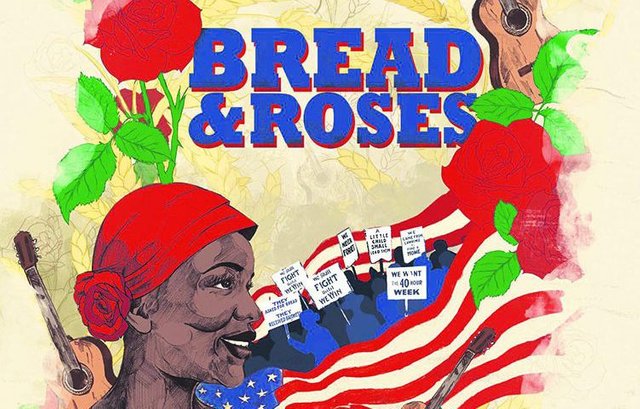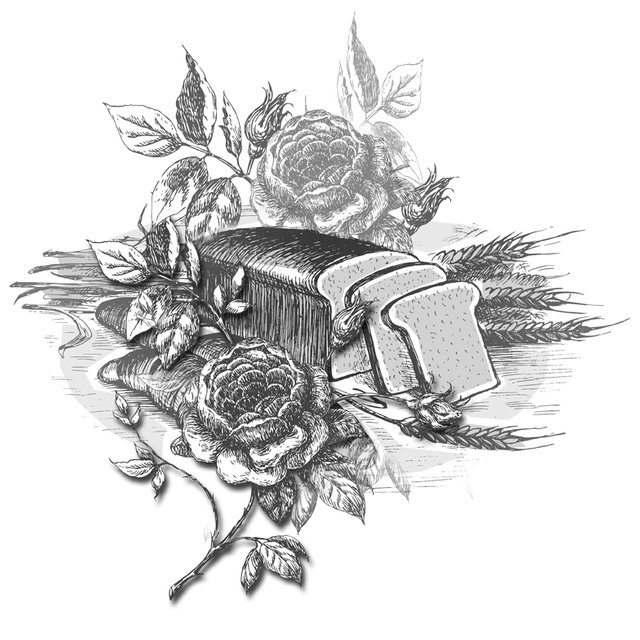Bread and Roses | The poem, the song, the meaning.
"Bread and roses" is not only the title of a poem; it's also the title to a song, and it's a political slogan originated from a speech given by Rose Schneiderman, a feminist and one of the most prominent women labor union leaders.
Schneiderman is credited with the phrase "The worker must have bread, but she must have roses, too.", with the purpose of indicating a worker’s right to something higher than subsistence living.
In 1911, the American poet, James Oppenheim, inspired by Schneiderman's words, wrote the popular poem which would not only inspire the women of the working class to aim higher, but also remain in history as one of the most iconic pieces of poetry ever made. Bread and roses then became an anthem for all the feminists who fought for women's labor rights.

Later in 1912, there would be a textile strike in Lawrence, Massachusetts, which would be very related to the Bread and Roses ideal, known as "the Bread and Roses strike", protagonized by the immigrant workers of the American Woolen Company, led by the Industrial Workers of the World.
Starting in January and finishing in March, after hundreds of arrests, many injured, and three deaths of workers who participated in the pacific manifestation, the bosses came back on March 12 with an offer that strikers accepted: the working week of 56 hours reduced to 54, an increase in wages that varied from five percent for the highest paid to twenty percent for the lowest paid, and 150% pay for overtime work, guaranteeing no discrimination would be shown to strikers.
It was the spirit of the workers that seemed dangerous. They were confident, gay, released, and they sang. They were always marching and singing.
Bread and Roses
By James Oppenheim
As we go marching, marching, in the beauty of the day
A million darkened kitchens, a thousand mill lofts gray
Are touched with all the radiance that a sudden sun discloses
For the people hear us singing, bread and roses, bread and roses
As we come marching, marching, we battle too, for men
For they are women's children and we mother them again
Our days shall not be sweated from birth until life closes
Hearts starve as well as bodies, give us bread, but give us roses
As we come marching, marching, un-numbered women dead
Go crying through our singing their ancient call for bread
Small art and love and beauty their trudging spirits knew
Yes, it is bread we. fight for, but we fight for roses, too
As we go marching, marching, we bring the greater days
The rising of the women means the rising of the race
No more the drudge and idler, ten that toil where one reposes
But a sharing of life's glories, bread and roses, bread and roses
The way I see it, "bread and roses" is what we need and what we also need. We don't have to settle for surviving, when we deserve actual living. This poem is an example of feminism in its truest, purest form, but it can also be a phrase that simply reminds us that we are humans, and we have human rights, no matter our gender, our race, our sexual orientation, our religion, or where we stand in politics.
We humans can't live a fulfilling life without the beauties the world offers. Yes, we need bread, we need to satisfy our basic necessities in order to be alive; but we need roses too, we need to be a part of the awe and joy there is, in order to live.
Hearts starve as well as bodies, give us bread, but give us roses.


This post was shared in the Curation Collective Discord community for curators, and upvoted and resteemed by the @c-squared community account after manual review.